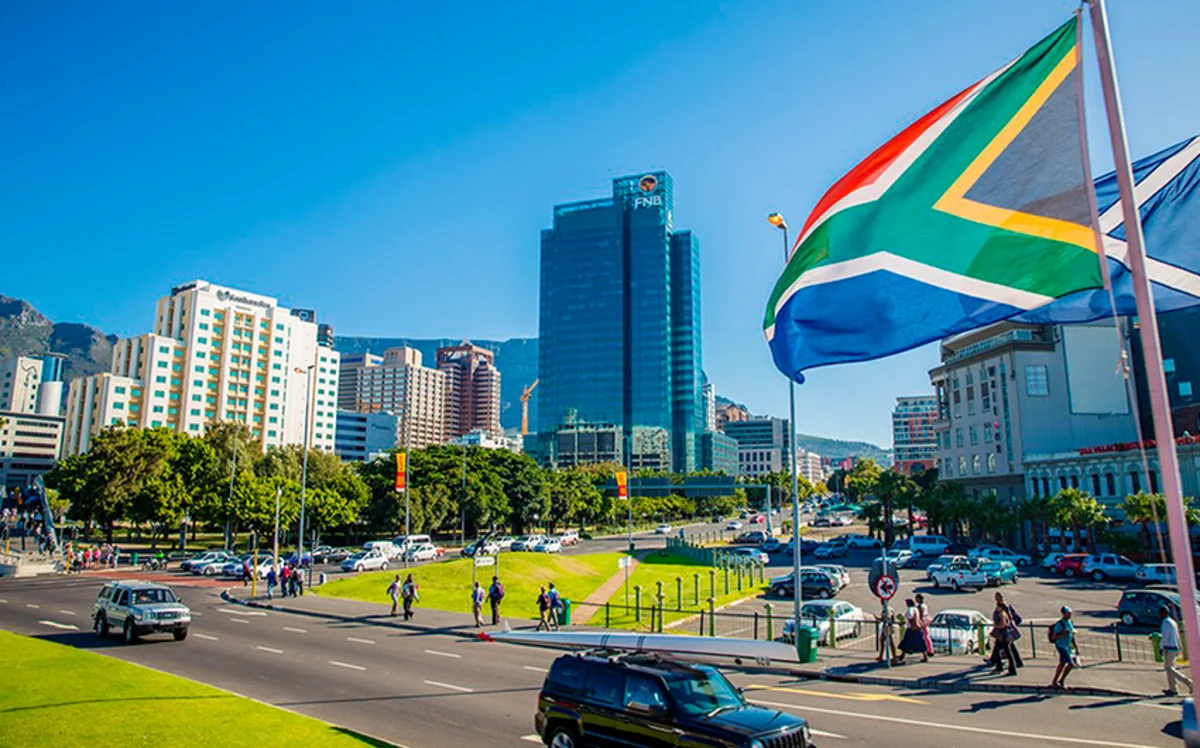South Africa's RBCT coal exports hit 29-year low in 2022
- 26 January, 2023
- 15:27

Coal exports from South Africa's Richards Bay Coal Terminal (RBCT) hit their lowest level since 1993 last year, at 50.35 million tonnes, reflecting a lack of trains to carry coal from mines to port, Report informs via Reuters.
However, exports to Europe from Africa's largest coal export facility showed a more than six-fold increase to 14.3 million tonnes from 2.3 million tonnes in 2021, RBCT said on Thursday, as European countries scrambled to secure alternatives to Russian supply.
RBCT, owned by 13 coal mining companies including Thungela, Exxaro Resources, Seriti Resources, and Glencore's South African subsidiary, has been operating far below its annual export capacity of 91 million tonnes of coal.
The terminal, which can only accept coal via train, saw an average of 18 trains a day in 2022, against a capacity of 32 a day. As South Africa's rail service deteriorated, some coal miners last year opted to truck their product to port instead.
RBCT chief executive Alan Waller told a media briefing that a 12-day strike at Transnet in October and a derailment of 97 wagons of a train that blocked the coal line for 10 days in November had stopped the export of an estimated 5 million tonnes from the terminal.
The terminal has a target to export 60 million tonnes in 2023, Waller added.
Poor maintenance, a lack of spare parts for locomotives, and massive copper cable theft have disrupted state logistics firm Transnet's freight rail services, causing coal and iron ore exports to fall in recent years.
Asia's share of RBCT's coal exports fell in 2022, with 31.7 million tonnes of coal going to the region, down from 50.7 million tonnes the previous year. Some 15.51 million tonnes went to India, down from 24.1 million tonnes in 2021.
